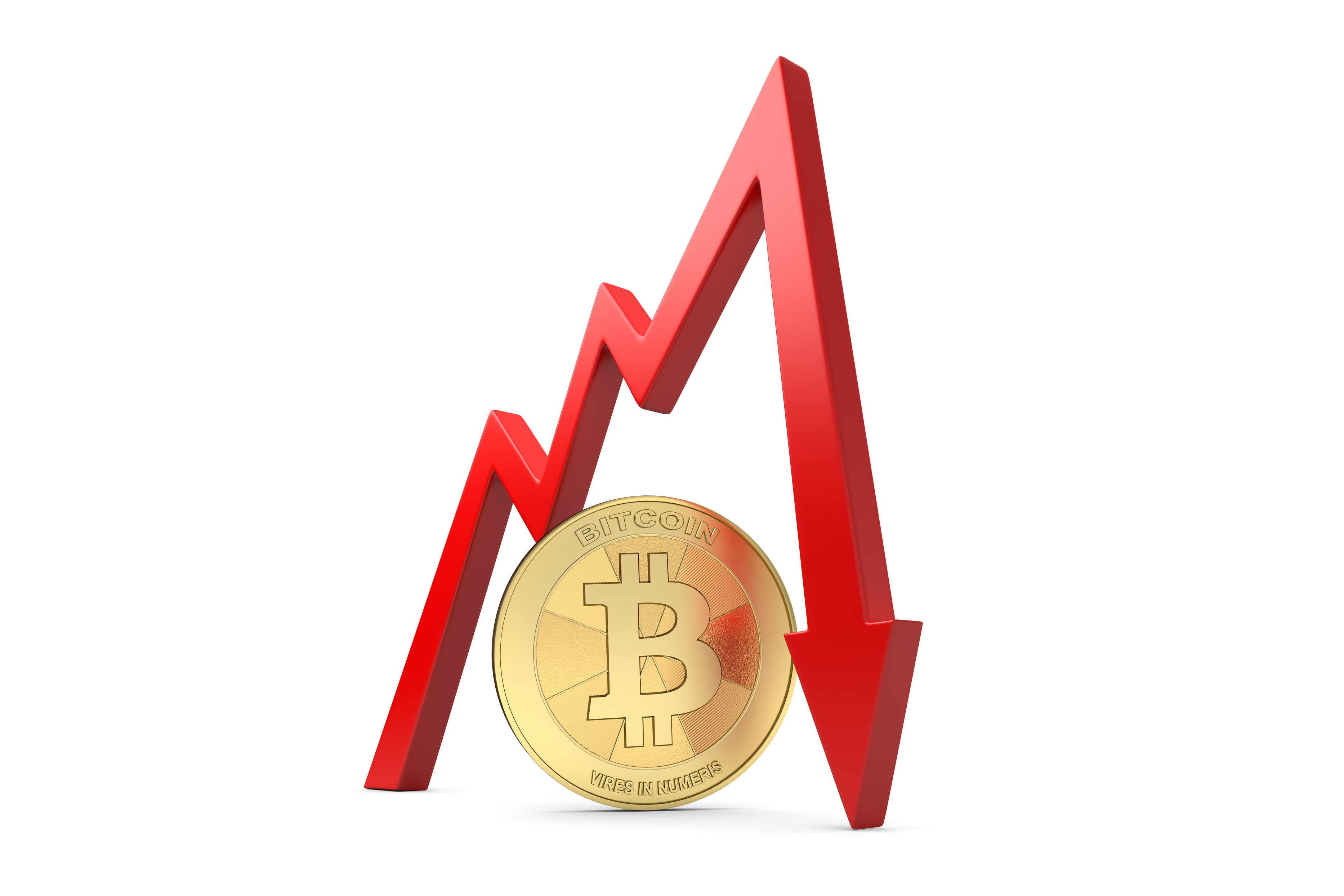Bitcoin crashes by 40% as volatility soars
“Volatility is not an issue — it’s whether the technology can deal with the volatility," says BeQuant head of research


Bitcoin prices have collapsed nearly 40% - the biggest single-day drop since 2013, while volatility was at its highest following last week’s market plunge.
Last Thursday, Bitcoin’s worth plummeted from $7,895 to $4,970, before rising 16% the following day. The 40% crash was reported to be the biggest one-day drop since spring 2013.
The reason for this is attributed to the coronavirus pandemic, which is currently taking its toll on the global economy and has since reached the cryptocurrency market.
Bitcoin now sits at around the same price it did around this time last year, effectively wiping out any gains it made in the time since. The loss of value is only a fraction of what Bitcoin experienced in early 2018, when it fell from around $19,000 to around $6,400 over the course of two months.
Volatility has plagued Bitcoin since its inception, as investors have found it significantly difficult to invest in a cryptocurrency that fluctuates so wildly. Because of its ever-changing prices, that volatility has been a primary indicator of Bitcoin.
However, Denis Vinokourov, head of research at crypto exchange BeQuant, told Reuters that: “volatility is not an issue — it’s whether the technology can deal with the volatility.”
One of the problems cryptocurrency exchanges have is a lack of 'circuit breakers' that traditional stock echanges have to halt market activity when stock markes go into free fall when panic selling causes a widespred decline.
Get the ITPro daily newsletter
Sign up today and you will receive a free copy of our Future Focus 2025 report - the leading guidance on AI, cybersecurity and other IT challenges as per 700+ senior executives
Furthermore, cyber attacks have dogged cryptocyrrency echanges, and prsent a technolgicla problem to overcome.
The coronavirus outbreak started to influence the tech industry in January when manufacturing was temporarily halted in China. Store closures and event cancellations followed as the virus spread to other parts of the world, and the stock market reflected the uncertain times.
On 9 March, Apple, Microsoft, Facebook, Google, and Amazon lost $321.6 billion in value between them, in what was reportedly the worst day for stocks since the 2008 financial crisis.
Having only graduated from City University in 2019, Sabina has already demonstrated her abilities as a keen writer and effective journalist. Currently a content writer for Drapers, Sabina spent a number of years writing for ITPro, specialising in networking and telecommunications, as well as charting the efforts of technology companies to improve their inclusion and diversity strategies, a topic close to her heart.
Sabina has also held a number of editorial roles at Harper's Bazaar, Cube Collective, and HighClouds.
-
 Cleo attack victim list grows as Hertz confirms customer data stolen
Cleo attack victim list grows as Hertz confirms customer data stolenNews Hertz has confirmed it suffered a data breach as a result of the Cleo zero-day vulnerability in late 2024, with the car rental giant warning that customer data was stolen.
By Ross Kelly
-
 Lateral moves in tech: Why leaders should support employee mobility
Lateral moves in tech: Why leaders should support employee mobilityIn-depth Encouraging staff to switch roles can have long-term benefits for skills in the tech sector
By Keri Allan